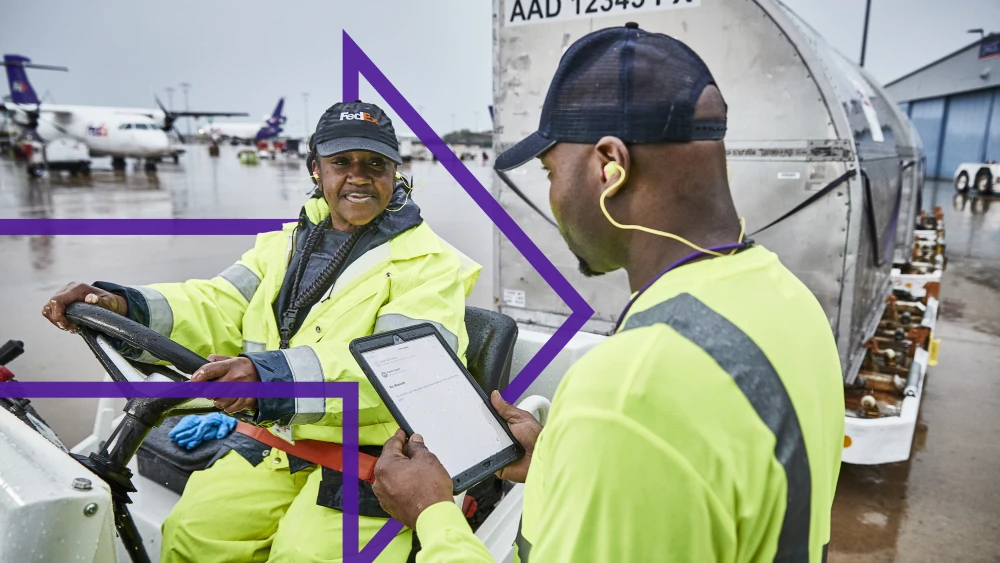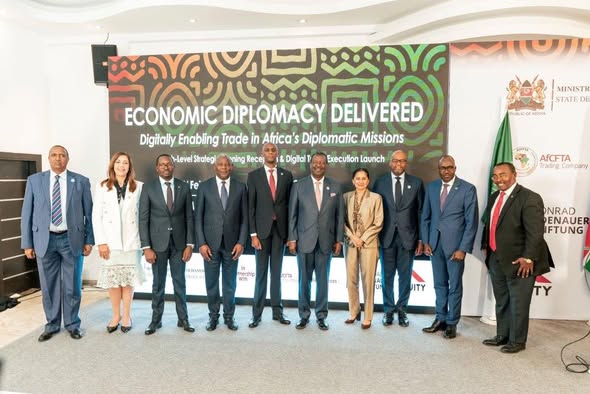Logistics: An Entrepreneurial Springboard for South African Youth

With South Africa’s youth unemployment rate at an alarming 62.4%, finding sustainable job opportunities has become a national priority. While several sectors struggle, logistics is booming, propelled by the rise of e-commerce, digital innovation, and global trade. This dynamic environment creates fertile ground not only for employment but also for youth entrepreneurship.
As Gregory Saffy, Managing Director for Sub-Saharan African Operations at FedEx, emphasizes, today’s logistics industry extends far beyond simply moving goods. “From supply chain analytics and complex IT systems integration to optimizing customer experience and managing compliance, logistics has transformed into a dynamic, technology-driven sector, offering diverse professional and entrepreneurial avenues for South African youth,” he explains.
Tech-Driven Opportunities
While traditional roles like driving, packing, and sorting remain crucial, they’re now inherently linked to advanced technological processes. This evolution opens the door to technology-focused entrepreneurial initiatives. Imagine young people launching startups specializing in AI-powered route optimization, developing real-time tracking solutions, or implementing smart warehouse management systems.
“Today’s logistics is unrecognizable,” Saffy asserts. “The real competitive advantage now lies in digital mastery, particularly in areas like data analytics and systems thinking. We’re seeing a growing number of engineers and analysts guiding operations and enabling large-scale automation.” For young entrepreneurs, this translates into opportunities to develop logistics data consulting services, create predictive analytics platforms for supply chains, or design tailored automation solutions for small and medium-sized logistics businesses.
New Avenues in Compliance and Customs
Beyond data analytics and IT roles, the fields of compliance and customs clearance are also emerging as promising sectors for business creation. The initiative to develop a formalized customs qualification is a significant step for the industry. Saffy notes, “We’re seeing progress in the creation of a national customs clearance certification that will offer recognized qualifications, including for those with practical experience but no high school diploma. This will create a clear career path and elevate the overall standard of compliance across the industry.” For young entrepreneurs, this presents a chance to launch customs consulting firms, specialized training services, or even digital platforms that simplify customs procedures.
Nurturing Future Entrepreneurs
FedEx, for instance, is already investing in training its customs employees, enrolling them in advanced courses on freight forwarding and compliance. These programs don’t just bolster technical knowledge; they also cultivate essential future-ready skills like digital literacy, data analysis, and critical thinking – all fundamental assets for any young person looking to start their own venture.
For youth without access to formal education, programs like FedEx’s Yes Learnerships offer a concrete entry point. “Our 12-month program combines training, mentoring, and practical work experience,” Saffy explains. “Since 2019, we’ve onboarded over 150 unemployed youth through YES, with more than 60 going on to become permanent employees. It’s a powerful model for bridging the gap between training and employment.” Young entrepreneurs could launch similar initiatives to offer specialized training and professional integration opportunities within the logistics sector.
In parallel, FedEx runs a dedicated learnership program for young people with disabilities, offering an NQF Level 4 certificate in business administration. This inclusive program, which includes coaching, blended learning, and real-world operational experience, helps build inclusive and work-ready skill pipelines. This model inspires avenues for youth-led social enterprises aiming to integrate underrepresented populations into logistics.
A Gateway to Global Trade
FedEx’s commitment to developing skills is a striking example of how private sector investment can unlock opportunities and begin to reverse the trend of youth unemployment.
“Logistics is a gateway to global trade,” Saffy concludes. “It’s no longer just about moving parcels; it’s about managing complexity in a fast-paced, technology-driven environment. With the right support and training, South Africa’s youth can not only find their place but also thrive as entrepreneurs in this space.”





